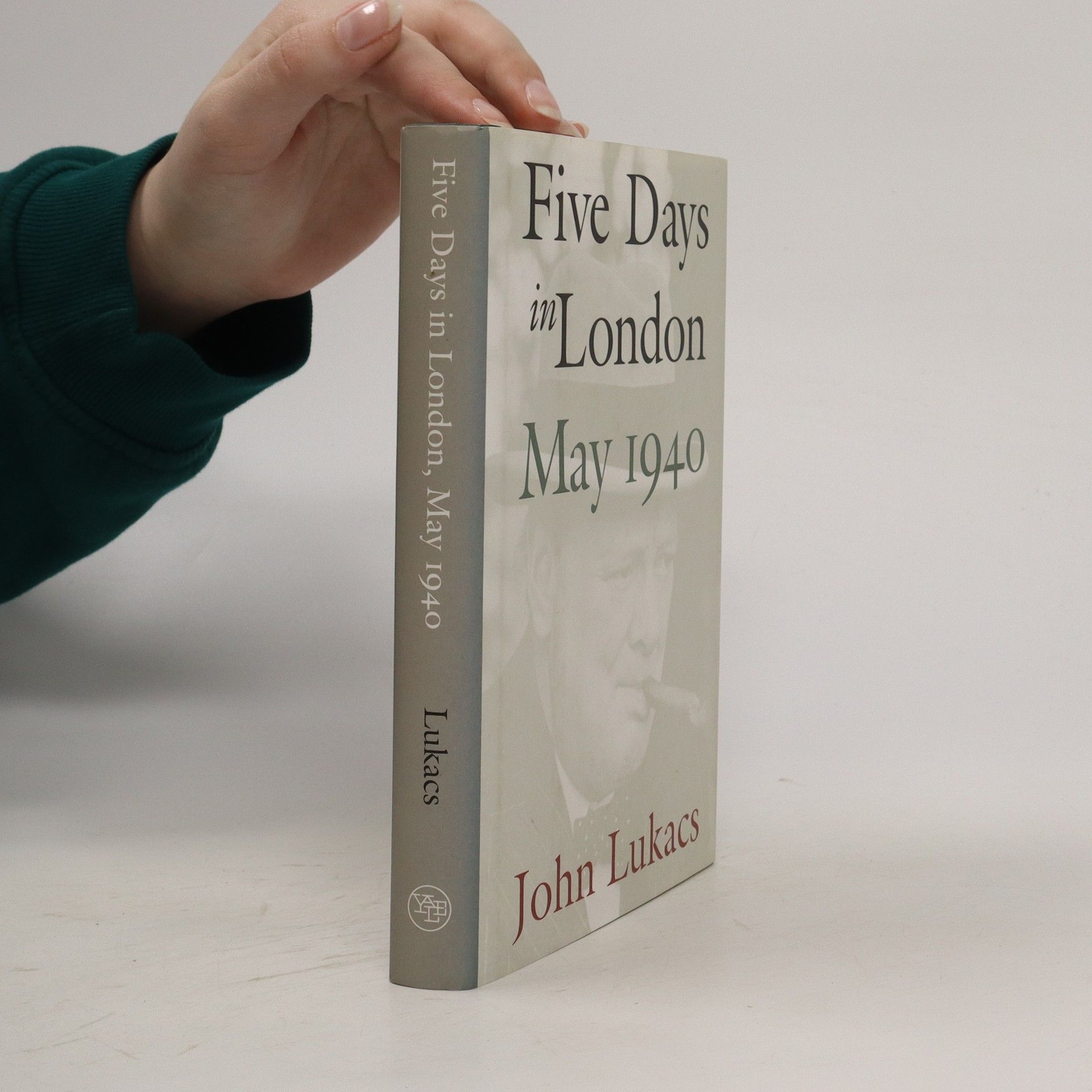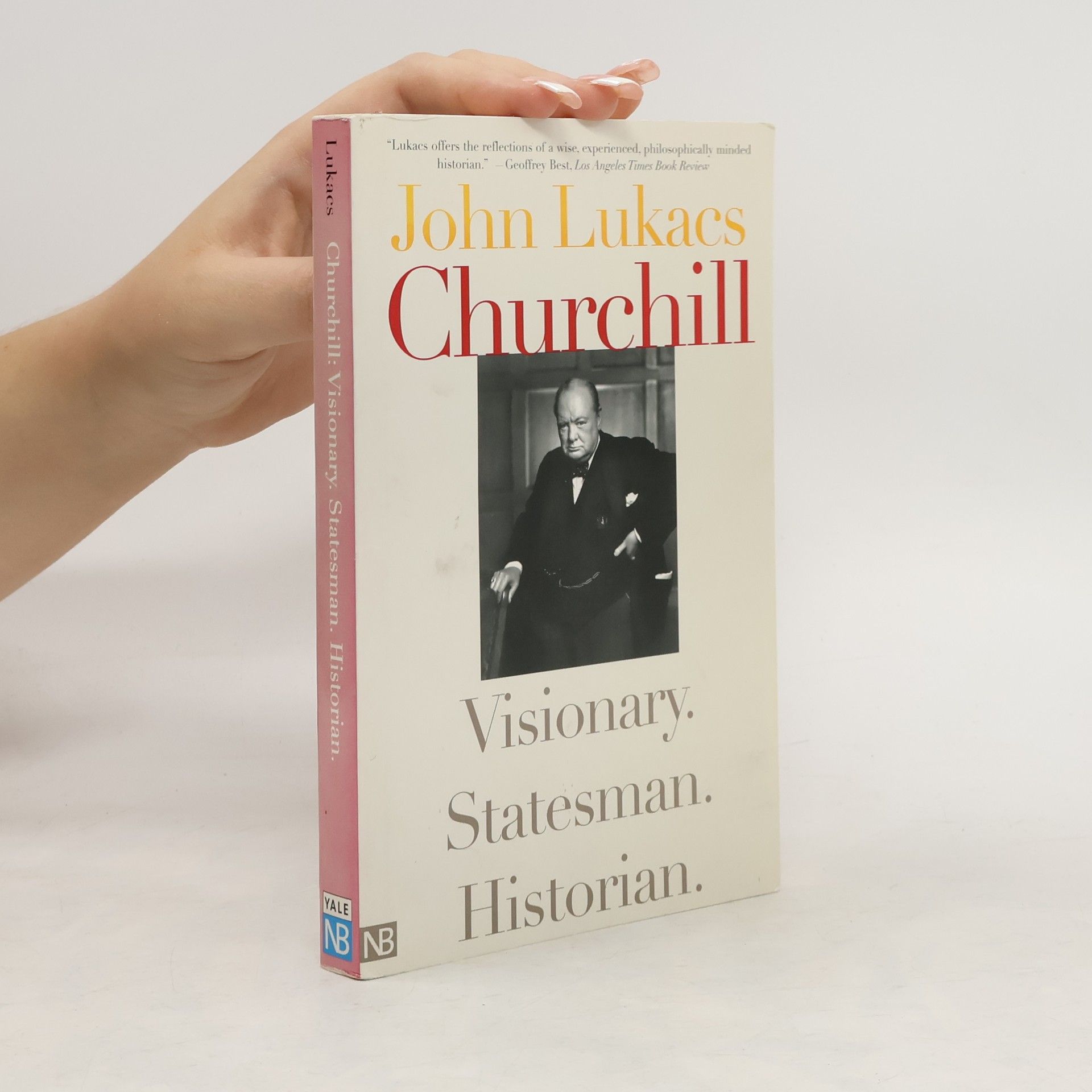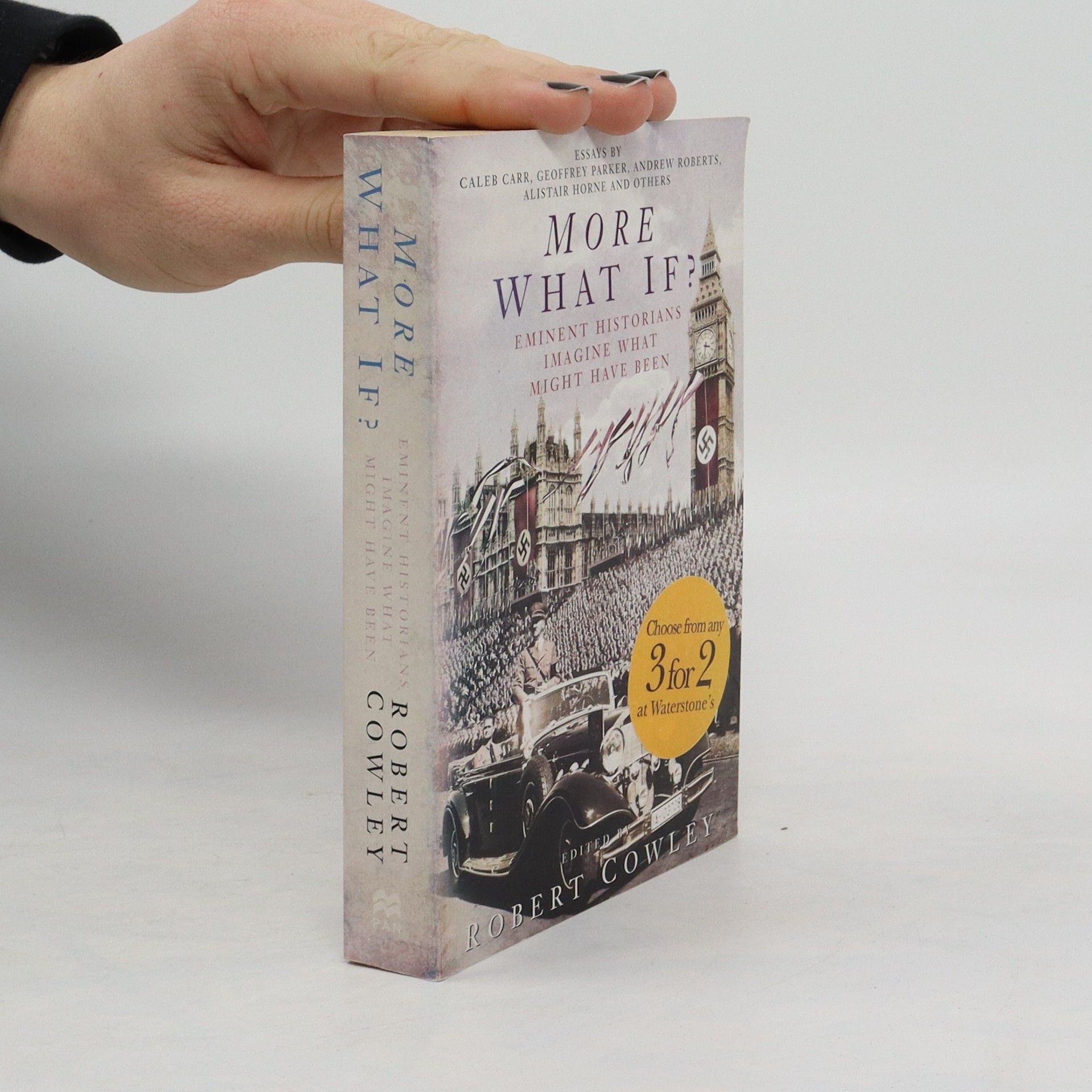Documents the escape of ten American prisoners of war from a World War II Japanese prison camp in the Philippines, describing the inhumane conditions they endured and the political struggle that influenced their return home.
John Lukacs Boeken
Lukacs, een zelfverklaarde reactionair, identificeert populisme als de grootste bedreiging voor de beschaving en stelt dat het de essentie is van zowel nationaalsocialisme als communisme. Hij betwist het concept van generiek fascisme en merkt de diepgaande verschillen op tussen regimes als Nazi-Duitsland en het fascistische Italië. Zijn geschriften onderzoeken vaak de historische overgang van aristocratische naar democratische elites die zich tot de massa richten, en suggereren dat het moderne, burgerlijke tijdperk, dat begon met de Renaissance, nu ten einde loopt. Lukacs zet zich in voor de verdediging van de traditionele westerse beschaving tegen de waargenomen nivellerende en degraderende effecten van de massacultuur.

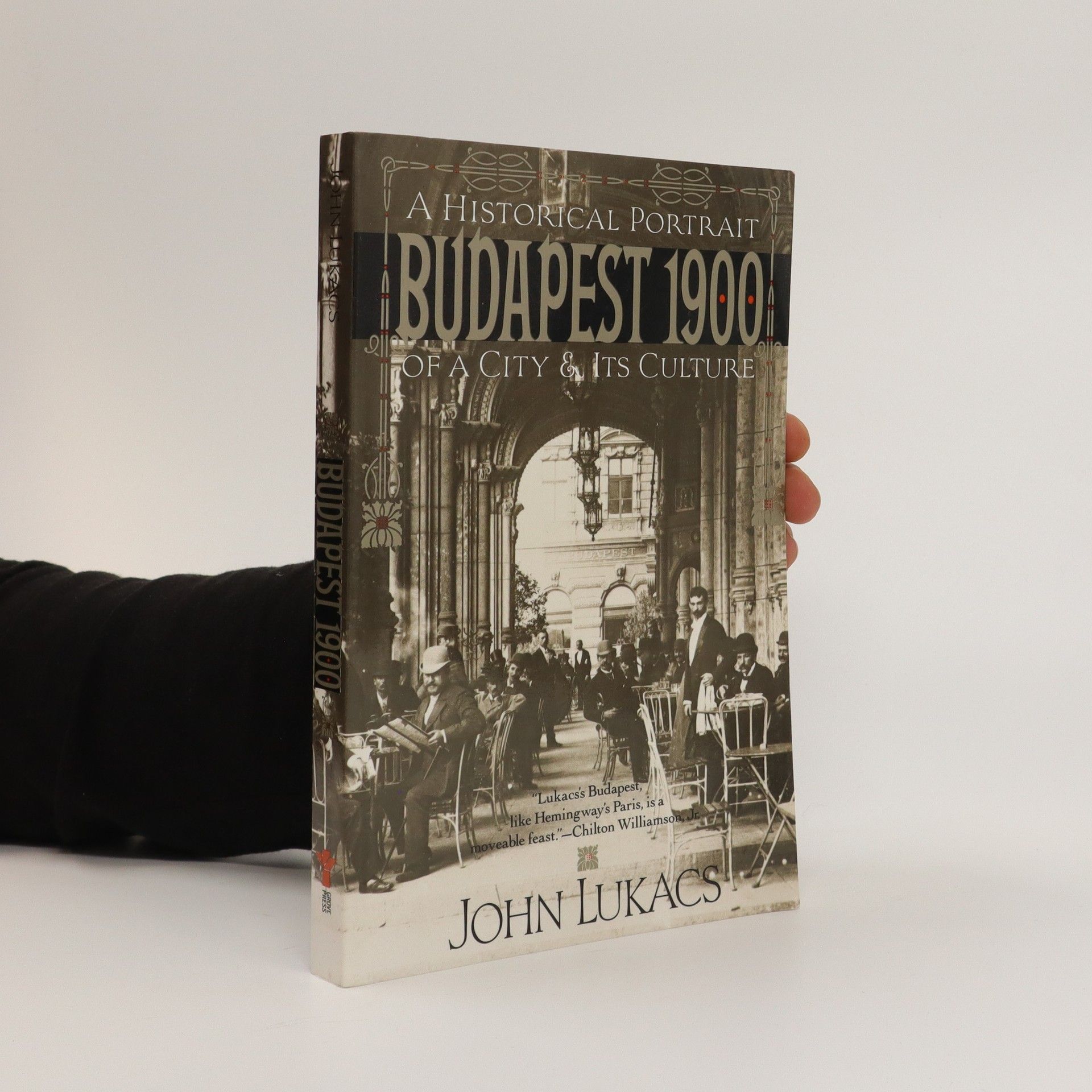

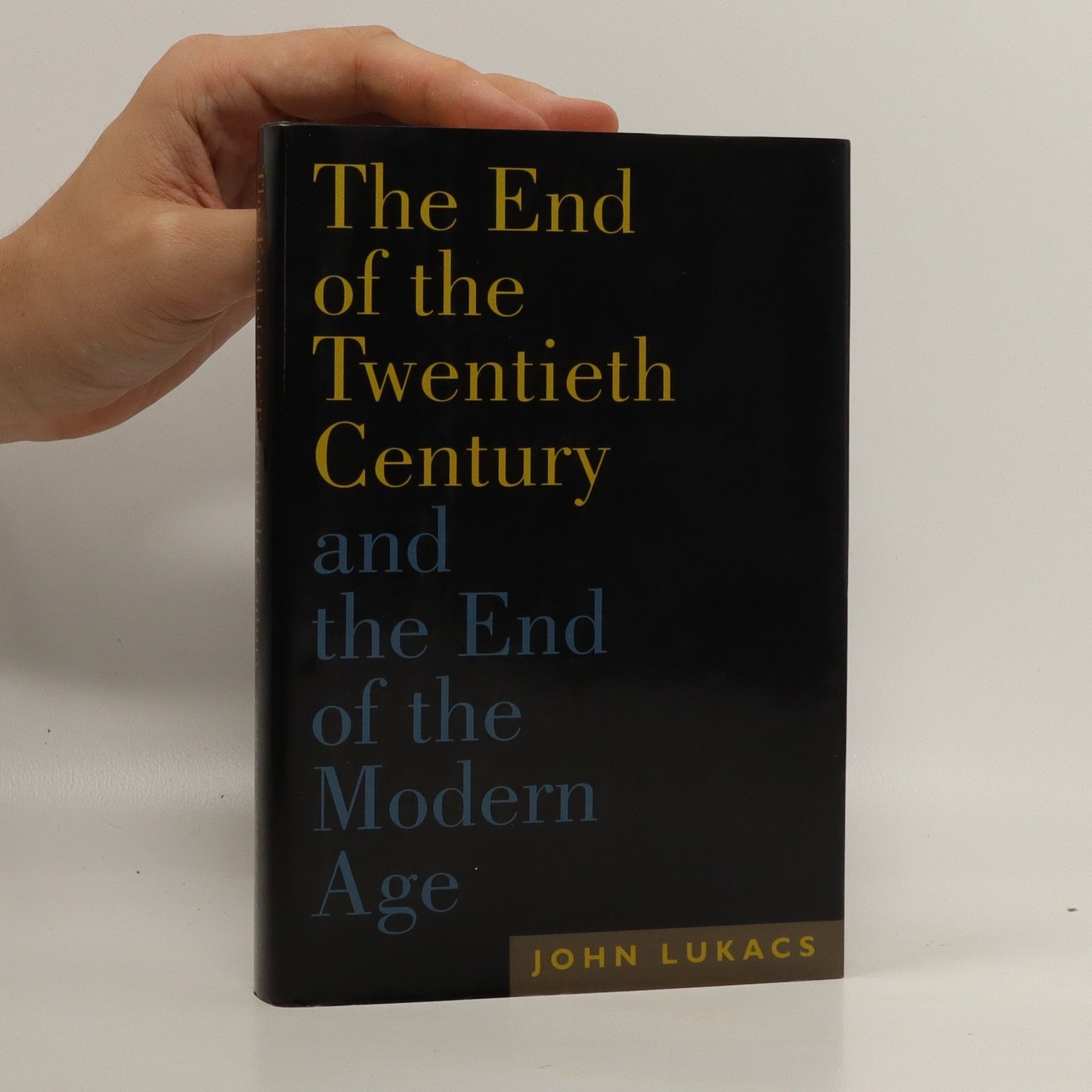



The duel
- 288bladzijden
- 11 uur lezen
One is poised on the edge of victory, the other threatened by invasion and defeat¿yet holding on, his own life in the balance and also that of the free world. In his reconstruction of the 80 days from May 10 to July 31, 1940, the author shows just how close England came to losing the war. He paints Churchill as resolute, threatened from within and without, yet unshakably determined. And Hitler flushed with victory, yet fatally undecided about how to close with Britain. "An unforgettable portrait of the mortal duel between two men and the titanic personalities involved." ¿ Book of the Month Editorial Review Board "Lukacs's is a rigorous intelligence making strong arguments in clear language¿ I wish other writers on the right would ponder Mr. Lukacs's insight." Daniel Yergin, New York Times Book Review ¿An outstanding historian.¿ David Pryce-Jones, Financial Times
Since 1945 there have been more than one hundred biographies of Hitler, and countless other books on him and the Third Reich. What happens when so many people reinterpret the life of a single individual? Dangerously, the cumulative portrait that begins to emerge can suggest the face of a mythic antihero whose crimes and errors blur behind an aura of power and conquest. By reversing the process, by making Hitler's biographers - rather than Hitler himself - the subject of inquiry, Lukacs reveals the contradictions that take us back to the true Hitler of history. Like an attorney, Lukacs puts the biographies on trial. He gives a masterly account of all the major works and of the personalities, methods, and careers of the biographers (one cannot separate the historian from his history, particularly in this arena); he looks at what is still not known (and probably never will be) about Hitler; he considers various crucial aspects of the real Hitler; and he shows how different biographers have either advanced our understanding or gone off track.
A Thread of Years
- 486bladzijden
- 18 uur lezen
Traces the decline of Anglo-American civilization and the concept of the gentleman in a fictionalized social history that follows a man named Kensington and the people who surround him from 1901 to 1969.
Budapest 1900. A Historical Portrait Of A City And Its Culture
- 288bladzijden
- 11 uur lezen
John Lukacs, distinguished historian and native of Budapest, here offers a rich and eloquent depiction of one of Europe's great cities at its height. He provides a cultural and historical portrait of Budapest - its sights, sounds, and inhabitants; the artistic community; its class dynamics and politics; the essential role played by its Jewish population - and a historical perspective that describes the ascendance of the city and its decline into the maelstrom of the twentieth century. -- Publisher's description.
The days from May 24-28, 1940, altered the course of history as the members of the British War Cabinet debated whether to negotiate with Hitler or continue the war. The importance and drama of these five days are captured in a literary narrative from a prolific historian. Illustrations.
June 1941. Hitler and Stalin
- 169bladzijden
- 6 uur lezen
This brilliant new work by the author of the best-selling Five Days in London, May 1940 is an unparalleled drama of two great leaders confronting each other in June 1941. It describes Hitler and Stalin’s strange, calculating, and miscalculating relationship before the German invasion of Soviet Russia, with its gigantic (and unintended) consequences. John Lukacs questions many long-held beliefs; he suggests, for example, that among other things Hitler’s first purpose involved if Stalin’s Communist Russia were to be defeated, Hitler’s Third Reich would be well-nigh invincible, and the British and American peoples would be forced to rethink the war against Hitler. The book offers penetrating insights and a new portrait of Hitler and Stalin, moved by their long-lasting inclinations. Yet among other things, Lukacs presents evidence that Hitler (rather than his generals) had moments of dark foreboding before the invasion. Stalin could not, because he wished not, believe that Hitler would choose the risk of a two-front war by attacking him; he was stunned and shocked and came close to a breakdown. But he recovered, grew into a statesman, and eventually became a prime victor of the Second World War. Such are the ironies of history; John Lukacs paints them with a shining narrative skill.
Churchill: Visionary. Statesman. Historian.
- 224bladzijden
- 8 uur lezen
A clear-eyed view of Winston Churchill, the workings of his historical imagination, and his successes and failures as a statesman, by the celebrated historian of World War II and best-selling author of Five Days in London, May 1940John Lukacs has spent a lifetime considering the complex personality and statesmanship of Winston Churchill. In previous books Lukacs has told the story of Churchill’s titanic struggle with Adolf Hitler in the early days of World War II. Now, in Churchill: Visionary. Statesman. Historian., he turns his attention to Churchill the man and visionary statesman.Each chapter of this book provides an essential portrait of Churchill. Lukacs treats Churchill’s vital relationships with Stalin, Roosevelt, and Eisenhower, as well as his complex, farsighted political vision concerning the coming of World War II and the Cold War. Lukacs also assesses Churchill’s abilities as a historian looking backward into the origins of the conflicts of which he was so much a part. In addition, the author examines the often contradictory ways Churchill has been perceived by critics and admirers alike. The last chapter is a powerful and deeply moving evocation of the three days Lukacs spent in London attending Churchill’s funeral in 1965. In Churchill: Visionary. Statesman. Historian., Lukacs deftly sets forth the essence of this towering figure of twentieth-century history with the consummate mastery of a great historian.
More what if? : eminent historians imagine what might have been
- 400bladzijden
- 14 uur lezen
Concentrating on the crucial and the seemingly insignificant, historians offer an alternative history and take a provocative look at the way our world could easily have been. For example, what if William hadn't conquered?
